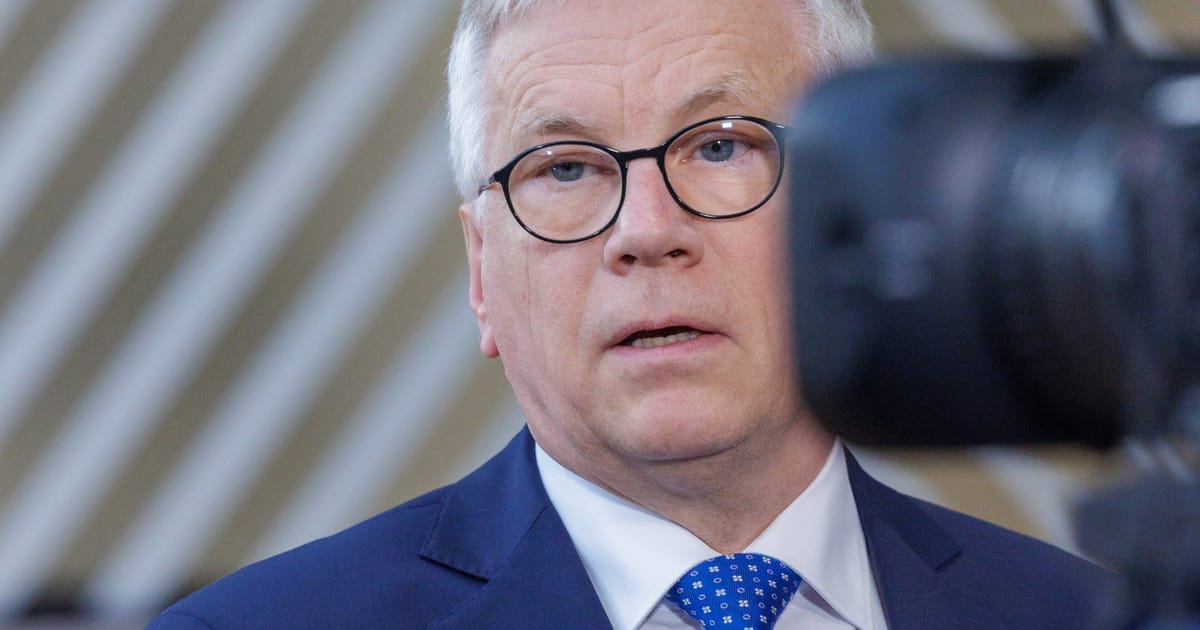

In a series of recent shifts within the global business landscape, major developments have emerged that are likely to have far-reaching implications. Spanning from political changes in Lithuania to significant discoveries in the energy sector, these updates reflect both the challenges and opportunities businesses face as they navigate an evolving global context.
In Lithuania, political change is underway following the resignation of the government, marking a pivotal moment for the country’s leadership. Rimantas Šadžius, the finance minister, has stepped in as the caretaker Prime Minister, ushering in a temporary phase before a permanent successor is nominated. This transition points to a period of reflection and adjustment in Lithuanian politics, providing a chance for stability and strategic realignment as the nation prepares for its next steps in governance.
Turning to the energy sector, BP has made headlines with its largest oil and gas discovery in a quarter-century off the coast of Brazil. The find in the Santos basin underscores BP’s strategic pivot back towards fossil fuels after a previous emphasis on renewable energy. This discovery, notable for its scale and potential impact, represents BP’s tenth oil find of the year, possibly the most significant since its 1999 discovery at Azerbaijan’s Shah Deniz gasfield. As BP proceeds to conduct further tests on this deepwater site, the implications for the global energy landscape remain significant, reflecting ongoing debates about energy transitions and the role of fossil fuels in meeting global demand.
Elsewhere in the corporate world, Diageo, the world’s leading spirits company, has reported a slump in profits, prompting an expansion of its cost-cutting strategy. Despite its renowned brands including Guinness and Johnnie Walker, the company has seen nearly a 28% drop in annual operating profits. The current scenario is compounded by the search for a new CEO following the resignation of Debra Crew. Furthermore, Diageo braces for a financial hit from tariffs imposed by the U.S., estimated at $200 million, reflecting broader geopolitical influences on business operations in today’s interconnected markets.
Similarly, BP continues to capture attention on multiple fronts, reporting better-than-expected quarterly profits of £1.77 billion. In response to pressures from activist shareholders, the company is embarking on a new cost review, which aligns with preparations for a leadership transition within its board. The intent is to balance profit expectations with operational efficiencies while addressing shareholder concerns.
BP’s financial health is further bolstered by an 8.5% rise in its first-half profits. Reporting a pre-tax profit of $6.013 billion from January to June, BP’s performance showcases its resilience amid fluctuating global demand and evolving energy regulations. These financial results illustrate BP’s adaptive strategies as it continues to optimize its operations and capitalize on strategic investments in energy resources.
In summary, these key developments highlight the dynamic nature of the global business environment. From political transitions in government to strategic shifts in energy and corporate adaptations in the face of economic pressures, businesses worldwide are navigating complex landscapes. These events underscore the importance of foresight and agility as organizations seek to thrive amid continual changes, with opportunities for innovation and growth lying ahead.
Source: {link}
